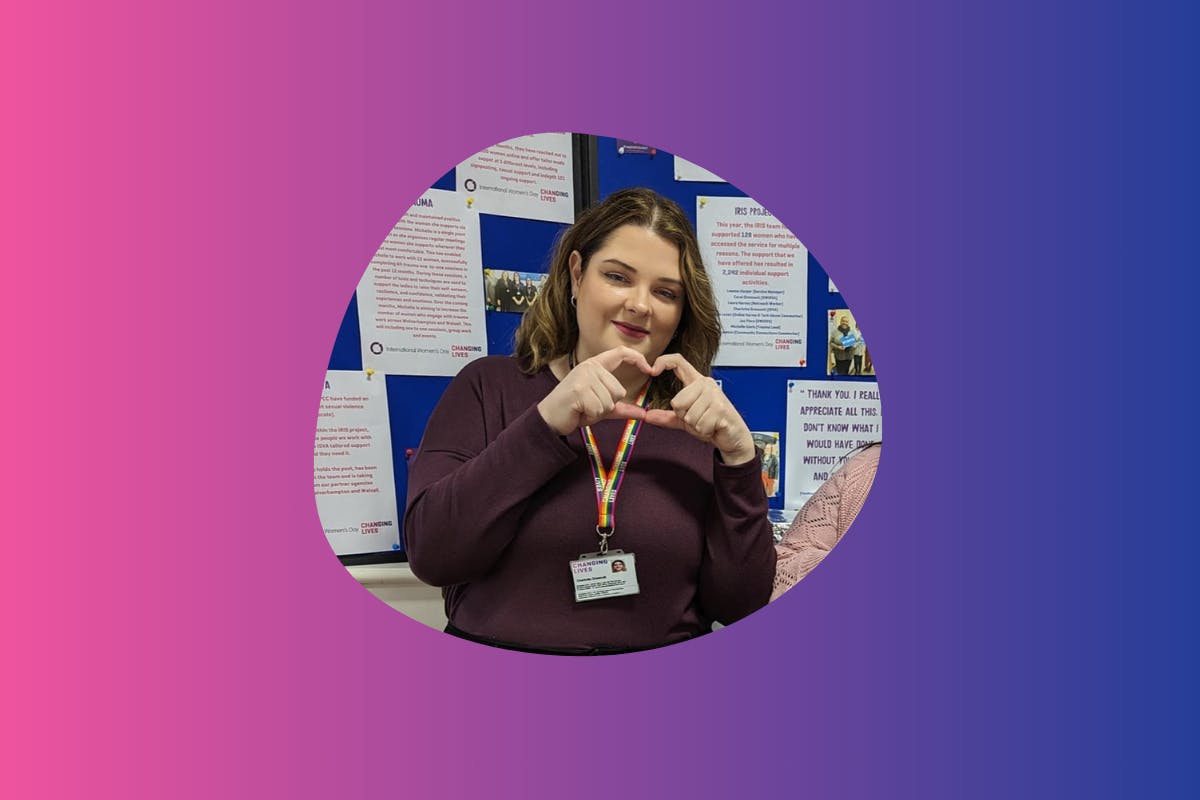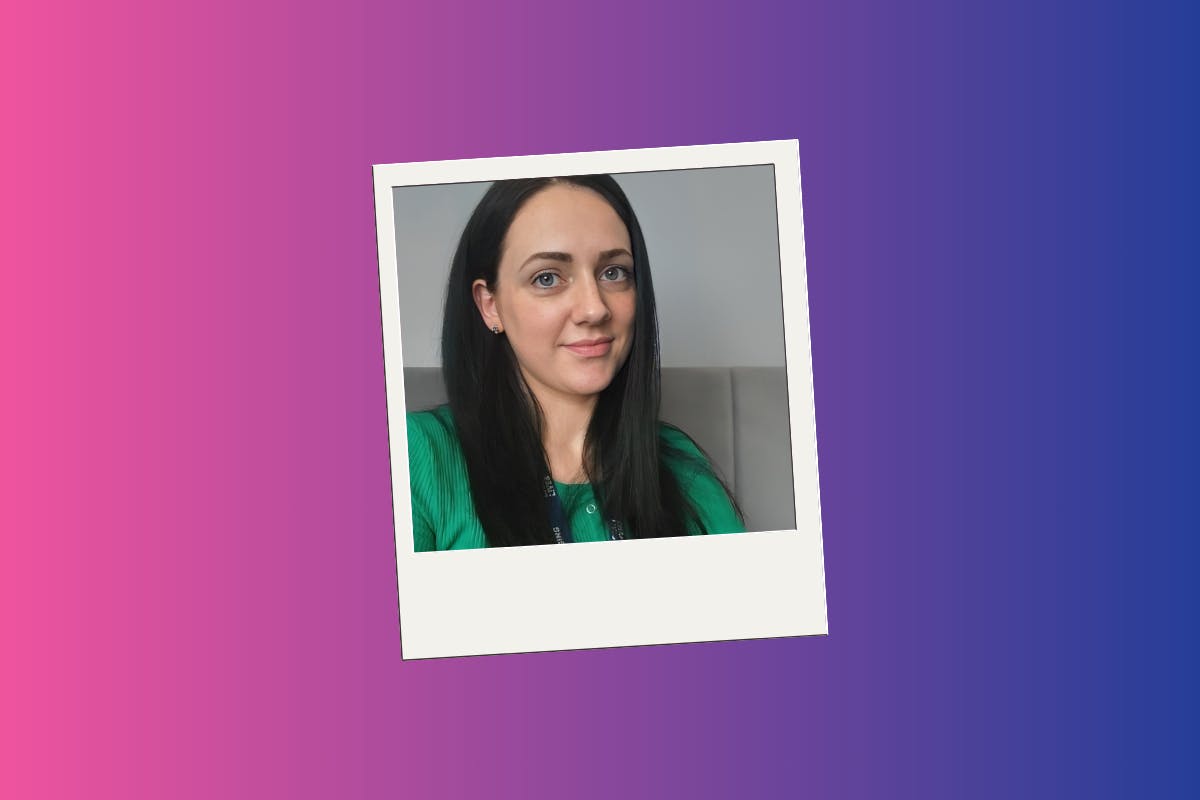Our Netreach Coordinator Stella spoke to us about the roles she has held in various projects supporting people who've experienced sexual exploitation, sex work or survival sex.
How long have you worked at Changing Lives, and what roles have you had in your time? Tell us a bit more about your roles.
I joined Changing Lives back in October 2021 as the specialist Independent Sexual Violence Adviser within the GAP & MAP Project, which supports men and women involved in sex work, survival sex and individuals exposed to sexual exploitation.
I am very thankful to have been given the opportunity to explore different positions within Changing Lives, including being The Adult Sexual Exploitation (ASE) Partnership Research and Data Analyst, and Netreach Worker based in the North East.
What does your new role entail?
I am currently the coordinator for the Netreach Project, which is a collaborative project facilitated by Changing Lives and Social Finance that aims to support victims (16+) of online harms and those engaging in online sex work. Our work and support are primarily focused on online commercial sexual exploitation, image-based sexual abuse, and technology-facilitated sexual violence.
My role mainly involves working closely with the Netreach Caseworkers and Data Analyst to ensure the smooth running of the project. Additionally, I focus on establishing good working relationships within the local community and external stakeholders through activities such as attending partnership meetings and/or developing training.
How does your role differ from your former roles/projects?
This is the first time I have been given managerial responsibilities and am expected to make more executive decisions. Transitioning from being a caseworker to a coordinator allowed me to connect well with my colleagues, considering that for the past several years, I have been working directly with individuals with multiple unmet needs.
How do you feel you had to develop professionally (and personally) in order to secure your new role?
I have always made it a priority to attend training sessions, meetings, and participate in panel discussions to learn from and engage with other experienced professionals in my field.
I believe in openly communicating with my supervisor and being proactive about my career goals. These conversations have given me the confidence to apply for new positions and have helped me figure out what I enjoy most in my work.
The most important lesson for me has been the need to be aware of my emotions, particularly when dealing with traumatic events or information, as secondary/vicarious trauma is something that should be discussed more openly.






